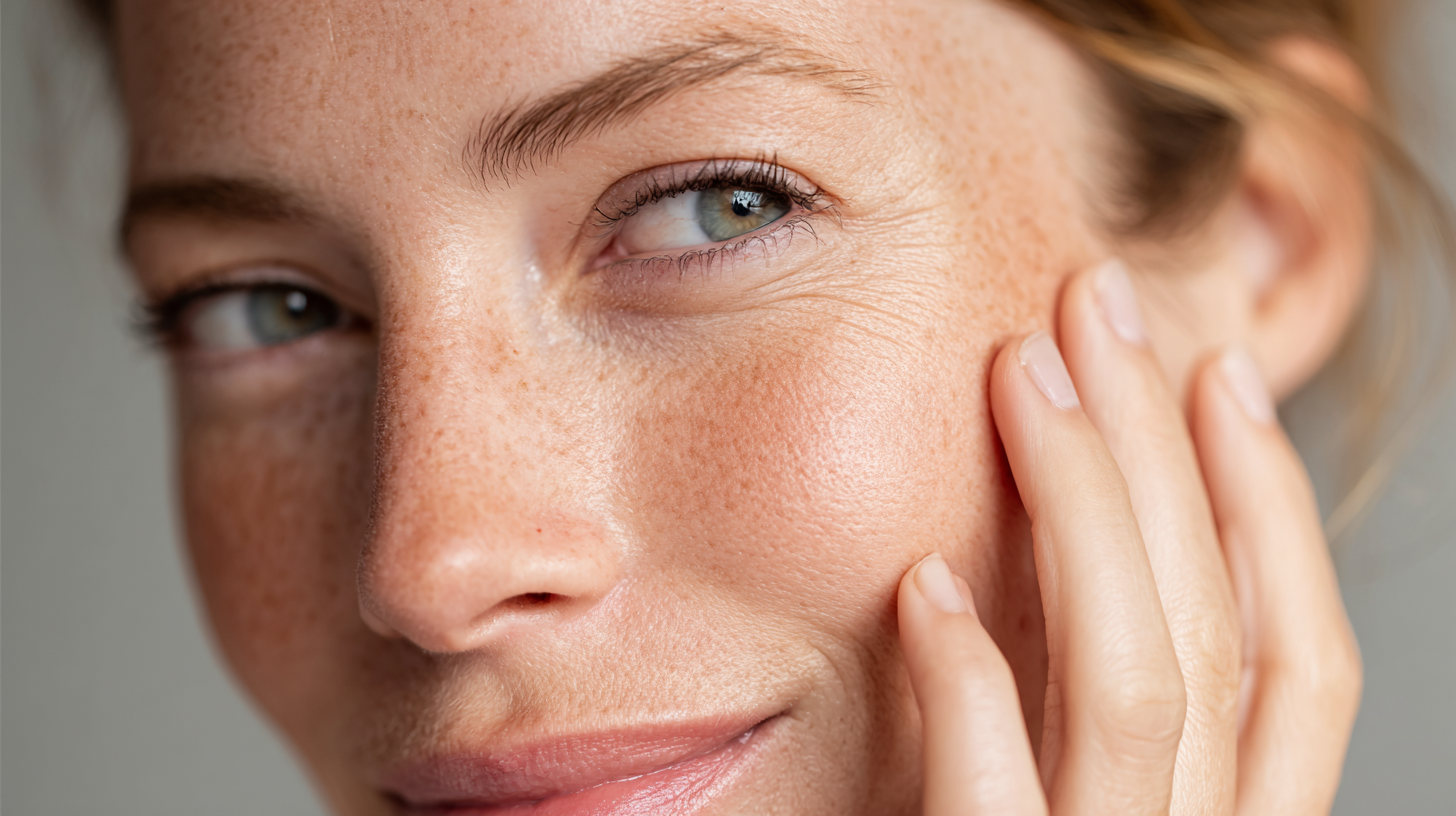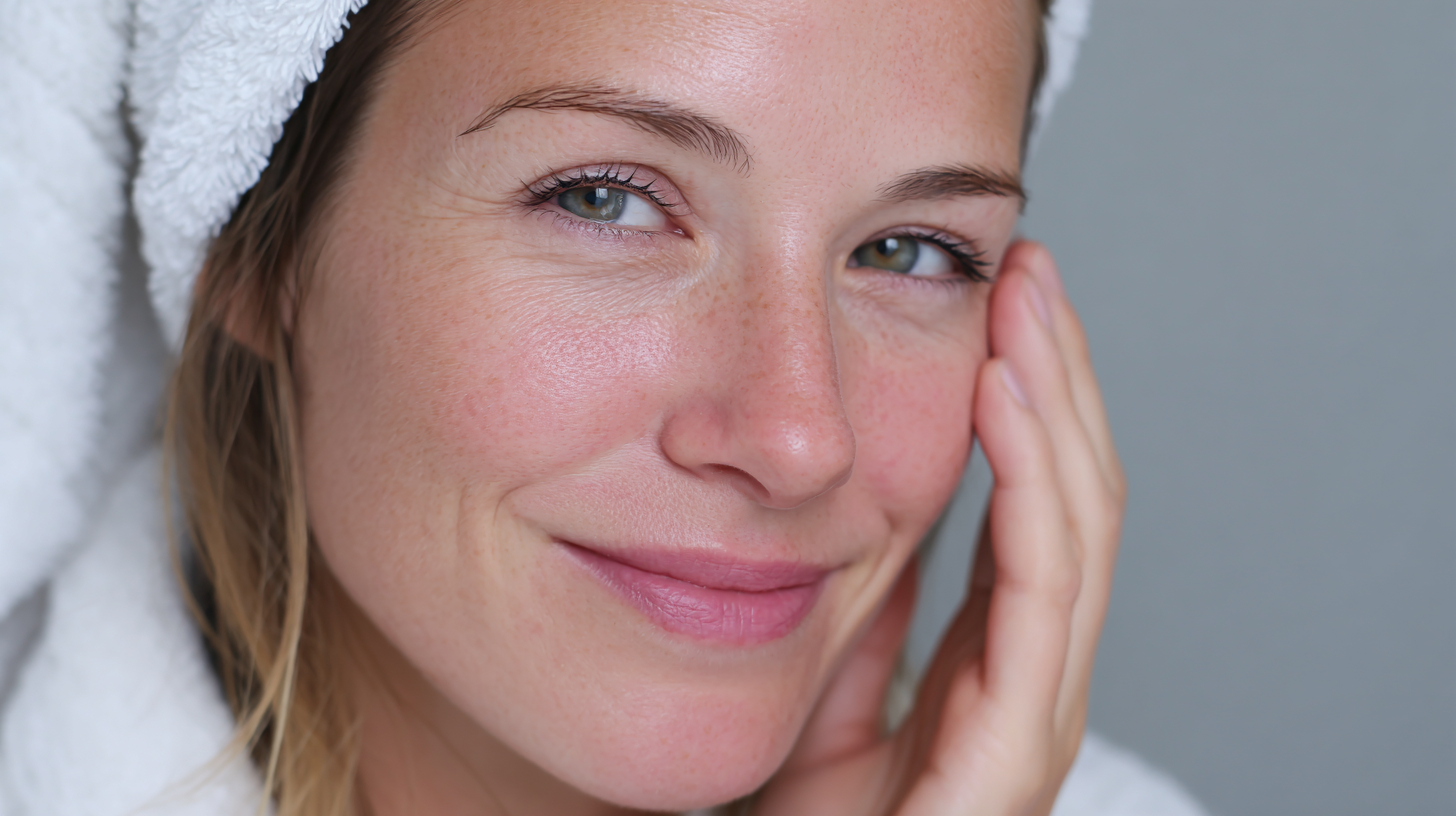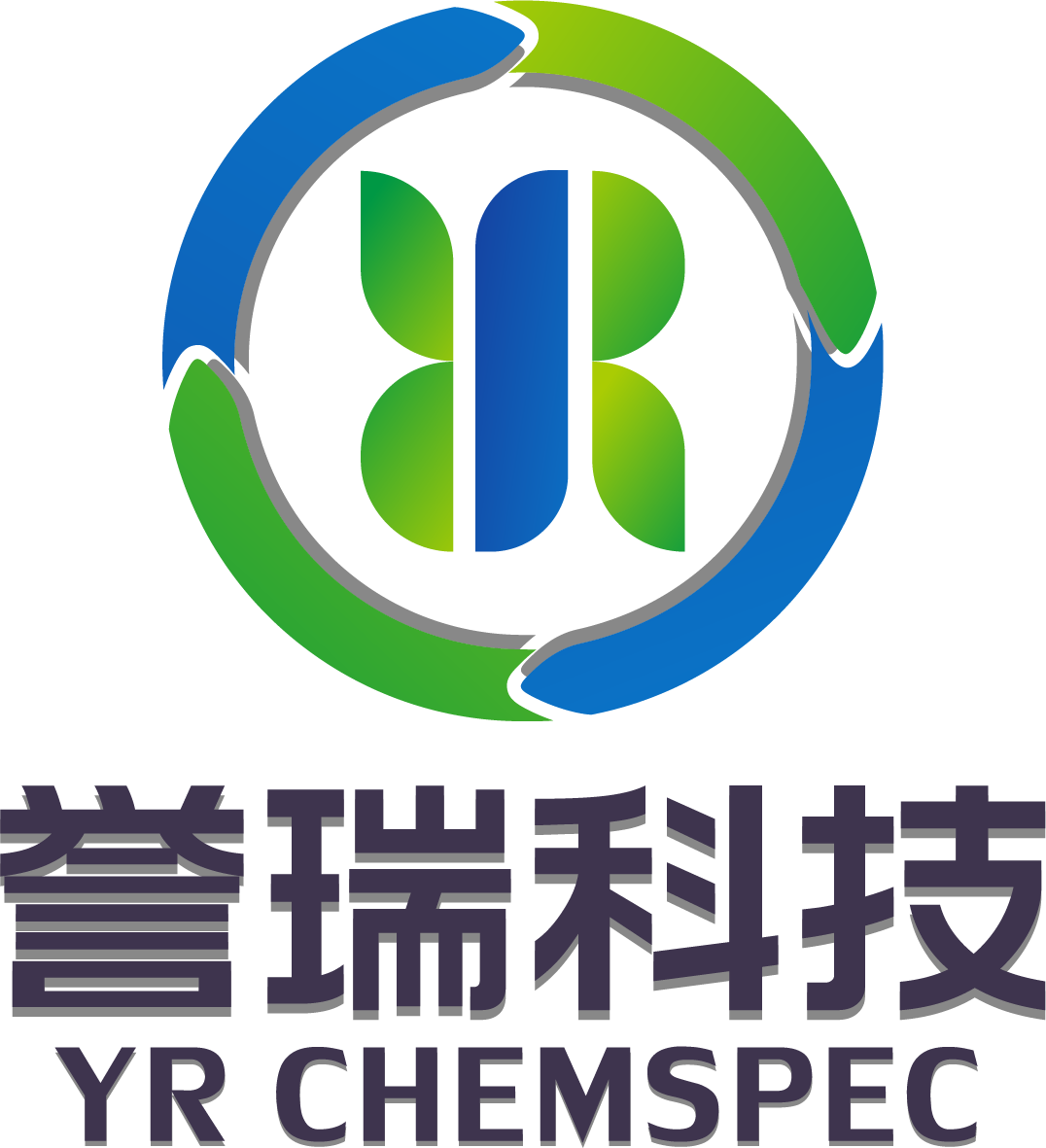In the ever-evolving landscape of skincare, the significance of active ingredients continues to rise, with Retinol Retinoate emerging as a powerhouse in the realm of anti-aging solutions. According to a recent industry report by Statista, the global anti-aging skincare market is projected to reach $60.7 billion by 2024, highlighting the escalating demand for effective ingredients like Retinol Retinoate that promise to refine skin texture and reduce the appearance of fine lines and wrinkles.

Retinol Retinoate, a derivative of retinoic acid, operates with a dual mechanism—delivering the benefits of traditional retinol without the irritation often associated with its use. This unique compound not only enhances skin cell turnover but also promotes the synthesis of collagen, making it a preferred choice for both consumers and formulators.
As we delve deeper into the applications and usage tips for Retinol Retinoate, it becomes clear that this ingredient holds the key to unlocking radiant, youthful skin in an increasingly competitive market.
Retinol and retinoate are two of the most celebrated compounds in the skincare world, each with unique properties and benefits. While retinol is widely known for its efficacy in reducing fine lines and improving skin texture, it can sometimes cause irritation, making it less suitable for sensitive skin types. In contrast, hydroxypinacolone retinoate (HPR) represents a gentler alternative, offering the anti-aging benefits of traditional retinoids without the associated irritation. Recent studies have shown that HPR can be formulated into stable nanoemulsions, enhancing its permeability and effectiveness in cosmetic applications.
Understanding these differences is crucial for consumers seeking to optimize their skincare routines. HPR, being less irritating, is ideal for those with sensitive skin, while traditional retinol can be highly effective for individuals looking for potent anti-aging solutions. Innovative formulations, such as hybrid molecules that combine retinoids with retinoic acid, offer advanced options for targeted skincare. As the landscape of skincare ingredients evolves, keeping abreast of scientific developments will help users make informed choices for their specific skin needs and concerns.
| Ingredient | Type | Potency | Benefits | Usage Tips |
|---|---|---|---|---|
| Retinol | Vitamin A Derivative | Moderate | Improves skin texture, reduces fine lines | Use at night, apply sunscreen during the day |
| Retinoate | Retinol Ester | High | Less irritating, faster results | Can be used in the morning, suitable for sensitive skin |
| Tretinoin | Prescription Retinoid | Very High | Effective for acne and severe aging | Start with lower frequency, monitor skin response |
| Bakuchiol | Plant-Based | Mild | Antioxidant, mimics retinol effects | Use daily without irritation, good for all skin types |
Retinol and its derivative retinoate have emerged as frontrunners in the skincare industry, primarily due to their efficacy in promoting cell turnover and enhancing skin texture. According to a study published in the Journal of Dermatological Treatment, retinoate is noted for its ability to deliver similar benefits to traditional retinol but with a significantly reduced irritation profile. This is particularly advantageous for individuals with sensitive skin, making retinoate an appealing option for broader demographics, as revealed in a market analysis by Grand View Research, which highlighted a 5.7% CAGR for the global anti-aging products market, driven by increasing consumer demand for gentler yet effective ingredients.

Moreover, retinol retinoate exhibits superior stability, meaning it maintains its potency longer under various environmental conditions. A report from the American Academy of Dermatology noted that formulations incorporating retinoate can achieve noticeable results in skin clarity and reducing fine lines after just four weeks of consistent use, rather than the typical 12 weeks often associated with retinol. As skincare enthusiasts and professionals seek effective solutions that minimize downtime and adverse reactions, retinol retinoate is positioned to become a staple in advanced formulations, underscoring its importance in modern skincare routines.
Incorporating Retinol Retinoate into your skincare routine can unlock transformative benefits for your skin. This powerhouse ingredient combines the efficacy of retinol with the gentler properties of retinoate, offering remarkable anti-aging and skin rejuvenating effects without the irritation commonly associated with traditional retinoids. To get started, it's important to introduce it gradually into your regimen. Begin by applying it twice a week, then slowly increase to every other night as your skin builds tolerance.
Pairing Retinol Retinoate with a hydrating serum or moisturizer can enhance its effectiveness while minimizing dryness. Always ensure to apply sunscreen during the day, as retinoids can increase your skin’s sensitivity to sunlight.
Monitoring your skin’s response is crucial; if you notice any signs of irritation, reassess the frequency of application. Finally, consistency is key—make Retinol Retinoate a staple in your routine for optimal results, and don’t forget to combine it with a healthy lifestyle for an added boost to your skin’s radiance.
When it comes to the global trade of retinol products, understanding the import and export certifications is crucial for both manufacturers and consumers. According to a report by Grand View Research, the global retinol market was valued at over $400 million in 2022 and is projected to grow at a CAGR of around 5% through 2030. This rapid growth highlights the escalating demand for effective skincare solutions that incorporate retinoids. Ensuring compliance with industry standards and regulations in different regions is vital for companies looking to tap into this lucrative market.
One key certification is the Cosmetic Good Manufacturing Practices (cGMP), which guarantees that products meet safety and efficacy standards. In Europe, the European Cosmetics Regulation mandates stringent testing and labeling requirements for retinol-based products, ensuring quality and consumer safety. Additionally, obtaining a Certificate of Free Sale (CFS) allows manufacturers to market their products in various international markets with the assurance of meeting local regulations. As the industry continues to evolve, staying updated on these certifications becomes imperative for effectively navigating the complexities of international trade in retinol skincare products.
When it comes to skincare, retinol and retinoate often stir up both curiosity and confusion. Many myths surround these powerful ingredients, leading to misunderstandings about their benefits and proper use. One common myth is that retinol is only suitable for mature skin. In reality, incorporating retinol and retinoate can benefit a wide range of skin types, helping to improve texture, reduce fine lines, and even tackle acne.

To maximize the benefits of retinol and retinoate in your routine, start with a lower concentration to allow your skin to acclimate. Apply it in the evening after cleansing, as retinol can increase skin sensitivity to sunlight. It's also essential to layer it with hydrating products to counteract any potential dryness.
Another frequent misconception is that more is better. Using excessive amounts of retinol can lead to irritation and peeling rather than accelerated results. A pea-sized amount is generally sufficient for the entire face. Consistency is key—regular application over weeks or months will yield visible improvements, making patience an essential part of your skincare journey.
